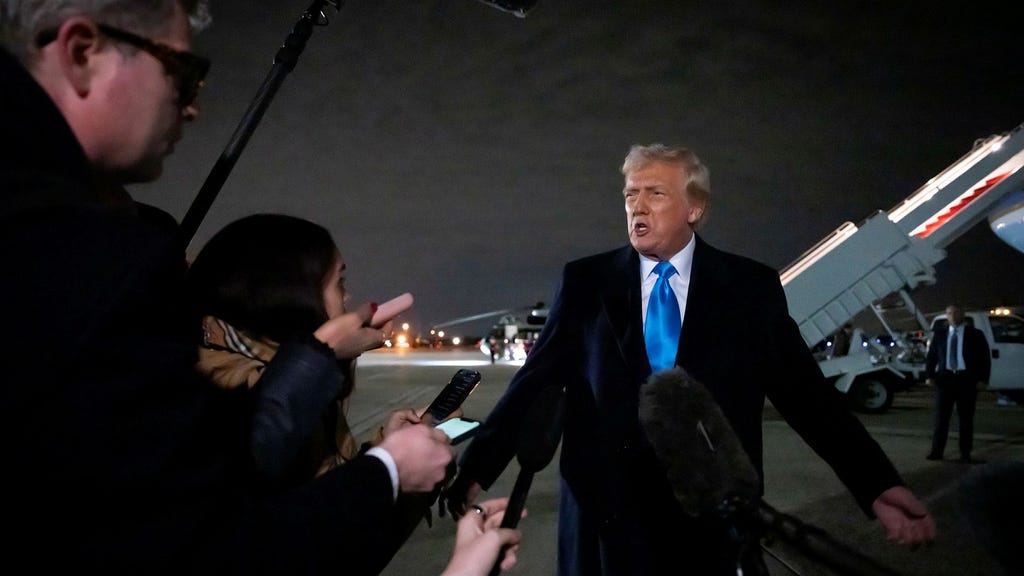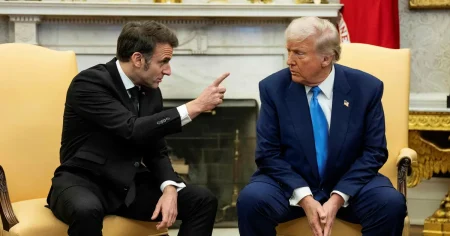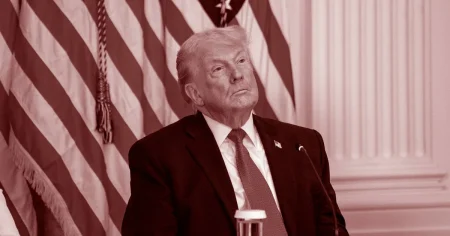Muhammad Ali’s boastful proclamation, ”I am the greatest,” foreshadowed the bombastic rhetoric that would later characterize Donald Trump’s political pronouncements. Ali’s self-aggrandizing declarations, delivered with characteristic American bravado, polarized public opinion, eliciting both fervent belief and dismissive skepticism. Trump’s “Make America Great Again” (MAGA) slogan, while seemingly rooted in nostalgia, echoes this same tradition of outsized pronouncements borrowed from the realms of sport and entertainment. While Ali’s pronouncements often focused on immediate, tangible outcomes, such as predicting the round in which he would knock out an opponent, Trump’s MAGA slogan evokes a vague, sentimentalized past, a “golden age” characterized by unspecified greatness and envy-inducing power. This backward-looking vision lacks the specific benchmarks and measurable goals that defined Ali’s boasts. Trump’s focus is not on the meticulous planning or historical accuracy of his vision, but rather on the broad emotional appeal of a romanticized past.
The early American settlers, upon arriving in the New World, embarked on a project of geographical conquest, effectively trading their historical past for an expansive future. This vast, seemingly limitless space, stretching to the Pacific Ocean, formed the foundation of the ”American Dream.” This dream was fueled by the acquisition of land, often at minimal cost, and the exploitation of abundant natural resources. The westward expansion, encapsulated in the phrase ”Go West, young man!”, masked a brutal reality of displacement and violence against Native American populations. This expansive growth, driven by the acquisition of ever-increasing resources, rather than the efficient use of existing ones, became a defining characteristic of the American economic model. This model, prioritizing expansion over intensification, fostered a mindset of limitlessness and perpetual growth.
However, this model faces inherent limitations. The finite nature of resources, both in terms of land and raw materials, poses a challenge to this paradigm of endless expansion. Furthermore, changing demographics and global dynamics further complicate this model. Trump’s response to these challenges manifests in policies aimed at acquiring new territories (like Greenland), imposing tariffs, and promoting resource extraction (”drill, baby, drill!”). His rhetoric, often contradictory, reflects a desire to return to a perceived past greatness while simultaneously rejecting international cooperation and embracing isolationist policies. This apparent disconnect between his stated goals and his proposed actions creates a sense of incoherence in his political agenda.
This seemingly contradictory approach mirrors a crude form of mercantilism, prioritizing national strength, centralized power (vested in Trump himself), and protectionist trade policies. This model emphasizes quotas over competition, ”deals” over formal agreements, and export promotion coupled with import restrictions through tariffs. This stance clashes with the principles of liberal market economics and its foundational pillar, democracy. While the quintessential American slogan celebrates democracy—”make the world safe for democracy!”—Trump notably omits this ideal from his inaugural address. This omission underscores his apparent disregard for democratic principles, perhaps viewing them as relevant only to ”losers,” a term he frequently employs.
Trump’s mercantilist leanings evoke the era of the Cold War, characterized by divided blocs with minimal political interaction and heavily regulated economic exchange. This potential regression towards a fragmented world order raises concerns about the future of global cooperation. The Orwellian dystopia, with its perpetually warring regions devoid of democracy, serves as a cautionary tale against such a trajectory. However, predicting the future is a precarious endeavor, and underestimating the complexities of reality can be equally dangerous. Trump’s vision, while ambitious, faces the test of practicality and the unpredictable nature of global events.
The analogy of the photo finish at the 1948 London Olympics, where Harrison Dillard’s victory was confirmed only after careful review, highlights the importance of patience and avoiding premature conclusions. Dillard’s response, ”Let’s wait and see,” encapsulates the wisdom of withholding judgment until all the evidence is available. Similarly, the ultimate outcome of Trump’s policies and their impact on the American and global landscape remain to be seen. The ”photo finish” of his presidency, and its lasting consequences, are yet to be developed.














